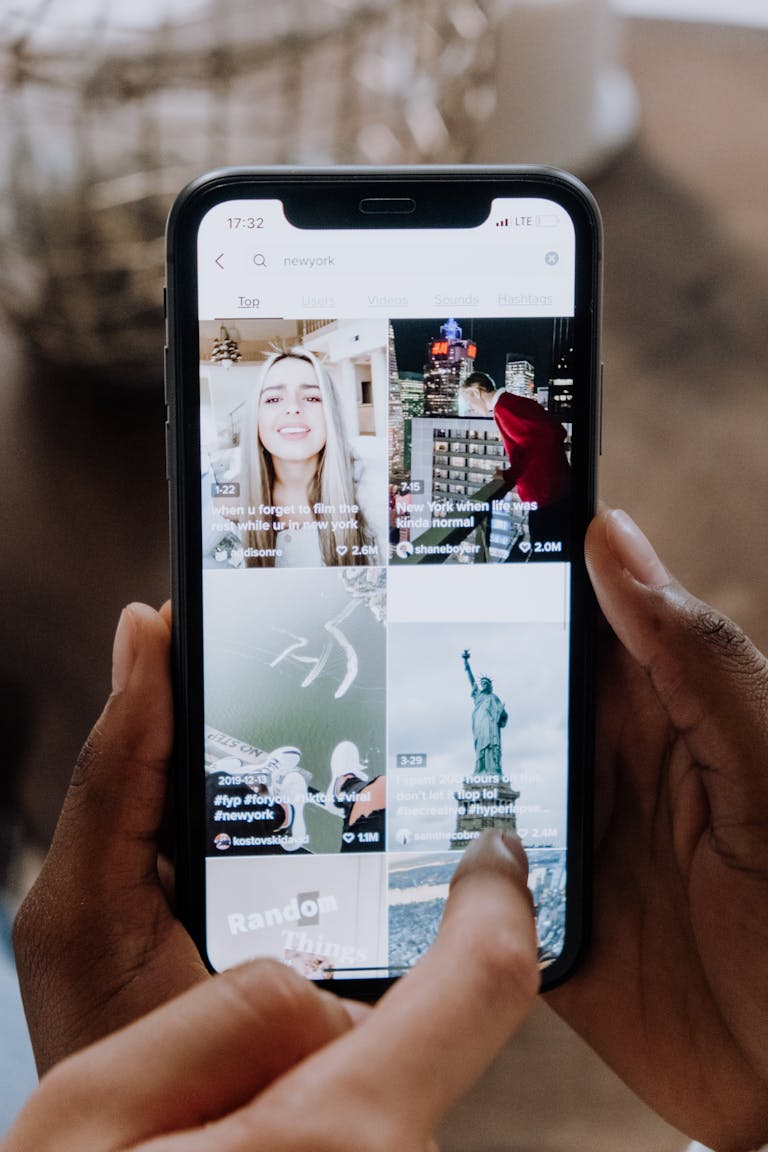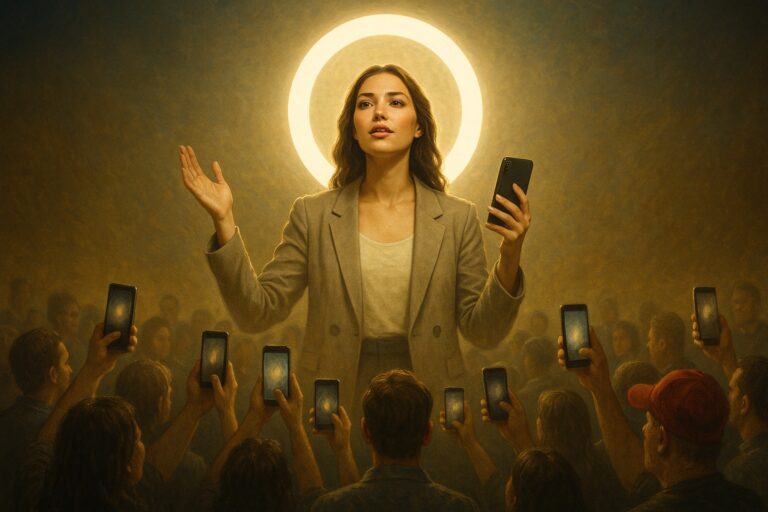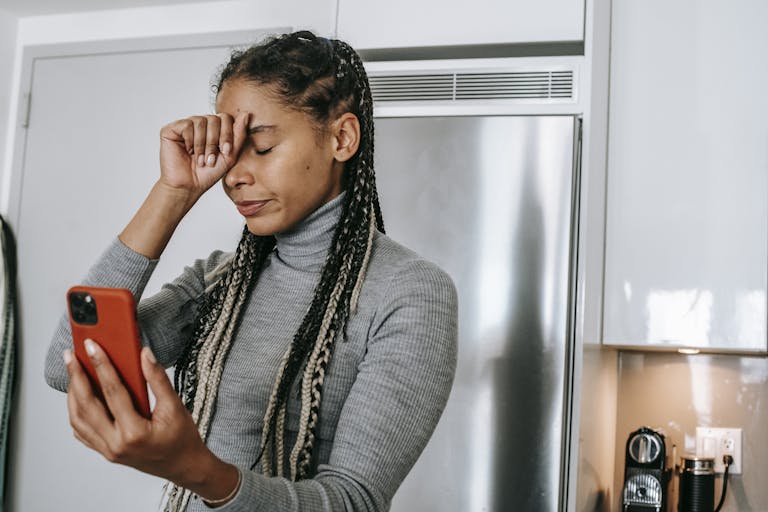Influencer Couple Announces Divorce via Brand Partnership
The emotional breakup video is sponsored by HelloFresh, NordVPN, and a limited-edition candle called “Closure.”

The emotional breakup video is sponsored by HelloFresh, NordVPN, and a limited-edition candle called “Closure.”

She meant to promote a skincare serum. Instead, she stumbled into a global crisis, and 38,000 new followers. Poverty has never looked so filtered.

The influencer class has become our modern clergy, they blessing products, cursing restaurants, and performing miracles like turning vanity into income.

Modesty passed quietly, outdressed and outposted by louder personalities who listed humility as a brand strategy.

After a long, quiet battle with social media, Common Sense has passed away. It is survived by its louder, less qualified cousins.

She broke character, and possibly the algorithm, by crying without mascara and admitting she felt “off.” Her engagement dropped instantly.

A leading candidate has promised to establish a federal office dedicated to verifying every tweet and post, raising concerns about the nation’s new official “like” and “dislike” button for reality.

Within minutes of the shooting, internet users had already blamed the FBI, the Clintons, five unrelated TikTokers, and one retired librarian from Michigan.

She came for classes but stayed for the “ASU Effect” transformation: 60% hair flipping, 40% filtered sunset selfies, 100% not citing sources in class.